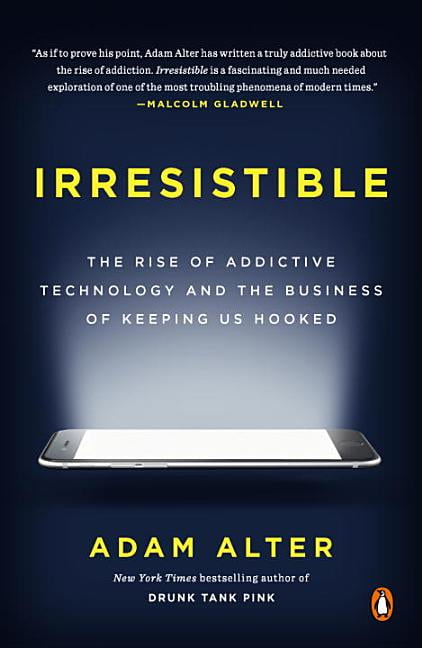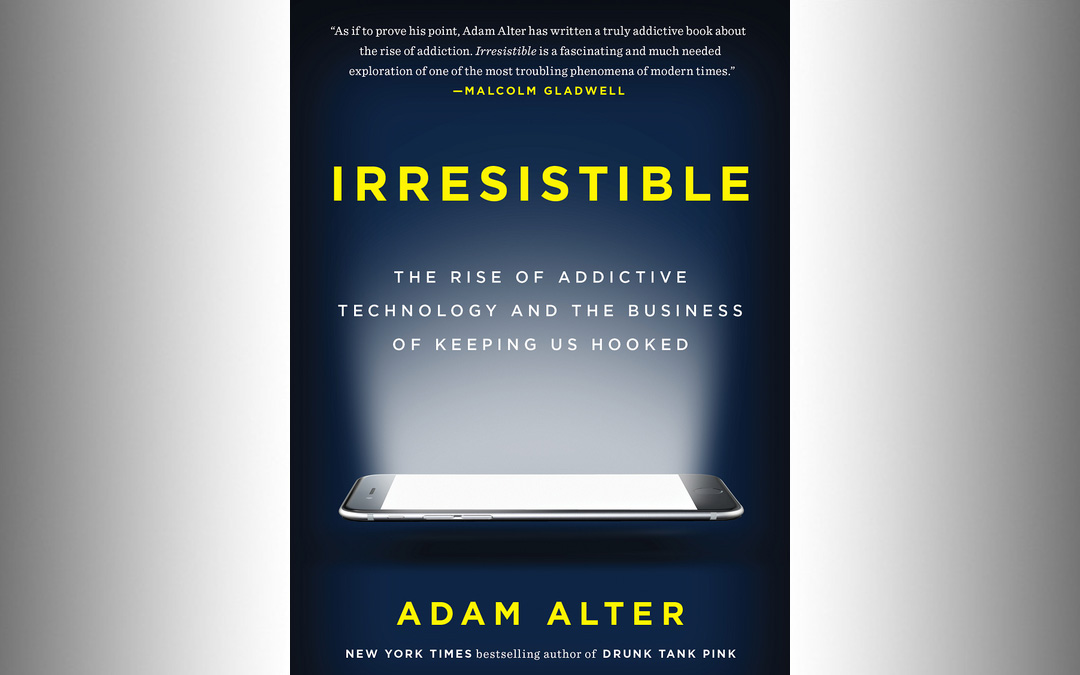

“We limit how much technology our kids use in the home.” Bilton discovered that other tech giants imposed similar restrictions. “In late 2010, Jobs told New York Times journalist Nick Bilton that his children had never used iPad. P.S.: Adam also has a great TED talk – check it out! Key insights: Never get high on your own supply I really enjoyed the book and can’t wait to share my favourite insights.

Also, I recommend Irresistible to every parent to have a broad picture of how technology influences young minds and how to protect children from the harm it poses. If you are interested in this topic and want to know how it may affect you or your children, this book will spark some reflections. And most importantly, he shares some ideas on how we can approach our behavioural addictions wisely and develop a healthy relationship with the technology surrounding us. While Manoush’s primary focus is on how our addiction to smartphones affects our creativity, Adam digs deeper and demonstrates how businesses deliberately use technology to hack our brains and keep us addicted to certain behaviours. I got this book after reading Bored and Brilliant by Manoush Zomorodi (check out our notes). The key is to understand why behavioral addictions are so rampant, how they capitalize on human psychology, and how to defeat the addictions that hurt us, and harness the ones that help us.” There’s much we can do to restore the balance that existed before the age of smartphones, emails, wearable tech, social networking, and on-demand viewing. The good news is that our relationships with behavioral addictions aren’t fixed. Addictions are damaging because they crowd out other essential pursuits, from work and play to basic hygiene and social interaction. The age of behavioral addiction is still young, but early signs point to a crisis. If app designers can coax people to spend more time and money on a smartphone game, perhaps policy experts can also encourage people to save more for retirement or donate to more charities. “Irresistible traces the rise of addictive behaviors, examining where they begin, who designs them, the psychological tricks that make them so compelling, and how to minimize dangerous behavioral addiction as well as harnessing the same science for beneficial ends. He is the author of the New York Times bestseller Drunk Tank Pink: And Other Unexpected Forces That Shape How We Think, Feel and Behave and has written for The New York Times, New Yorker, Atlantic, Wired, Popular Science and numerous other publications. Why We Can’t Stop Checking, Scrolling, Clicking and WatchingĪdam Alter is a Professor of Marketing at New York University’s Stern School of Business and the Robert Stansky Teaching Excellence Faculty Fellow, with an affiliated appointment in the New York University Psychology Department.


 0 kommentar(er)
0 kommentar(er)
